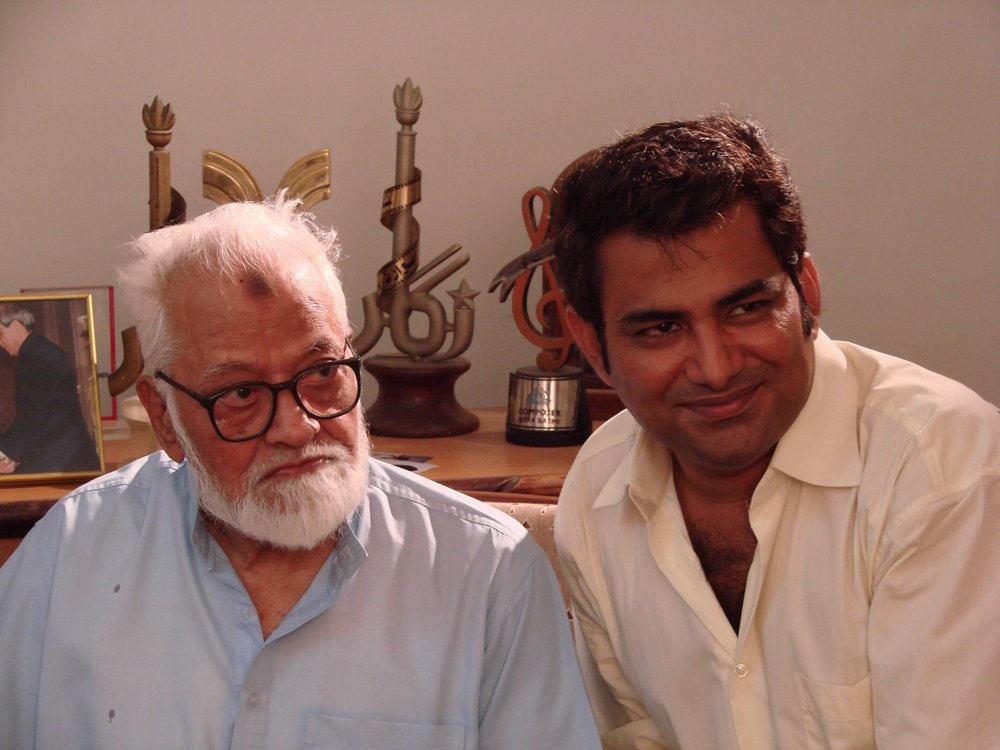Hareem Farooq, one of Pakistan’s most prominent actresses, recently opened up about a pressing issue prevalent in society during a candid interview. The actress highlighted the challenges surrounding second marriages and the concerning trend of dishonesty within relationships. Her remarks have sparked discussions about the balance between cultural norms, religious allowances, and the ethical dimensions of marriage.
Second Marriages in Islam: A Clear Perspective
Farooq began by shedding light on the concept of second marriages in Islam, explaining that the religion permits it under certain conditions. “Second marriage is allowed in Islam, and no one can prevent anyone from pursuing it,” she remarked. This statement aligns with Islamic teachings, which provide a framework for multiple marriages while emphasizing fairness, transparency, and accountability.
However, the actress pointed out that despite this religious allowance, a significant issue lies in how people approach the idea of second marriages today. According to her, the practice of deception and lack of communication between partners has become a societal norm, leading to broken trust and strained relationships.
The Growing Trend of Deception
Hareem highlighted an unsettling trend in modern relationships: men often enter into second marriages without informing their first wives. She referred to this as “fraudulent marriages,” where dishonesty becomes the foundation of the relationship. Farooq stated, “Cheating has become so common in our society that it not only destroys the relationship between spouses but also impacts the entire family structure.”
This behavior undermines the core principles of trust and mutual respect that are essential for a healthy marital relationship. When men resort to hiding or lying about a second marriage, it leaves the first wife feeling betrayed and emotionally scarred.
Impact on Families and Society
The consequences of dishonest relationships extend far beyond the couple involved. Hareem Farooq emphasized how families, especially children, bear the brunt of these decisions. The ripple effect of broken trust can lead to emotional trauma, instability, and even a lack of faith in the institution of marriage.
She pointed out that such practices also set a negative precedent for future generations. When young people witness deceit and turmoil in their households, they may grow up questioning the sanctity of marriage and the importance of honesty in relationships.
A Call for Ethical Behavior
While acknowledging that second marriages are permissible in Islam, Hareem Farooq called for greater ethical responsibility among individuals. She urged society to move away from dishonest practices and instead prioritize open communication and mutual respect.
Her comments resonate with the broader need for men and women to understand their responsibilities within a marriage. The actress stressed that entering into a second marriage should not come at the cost of deceiving the first spouse or neglecting one’s existing family.
Breaking the Taboo Around Open Discussions
Hareem Farooq’s candid conversation has opened the door for much-needed dialogue about marriage and relationships in Pakistani society. Many people shy away from addressing sensitive topics like second marriages, fearing backlash or judgment. However, as Farooq pointed out, these discussions are essential for fostering a healthier and more understanding society.
The actress believes that by addressing these issues openly, people can begin to challenge harmful norms and adopt practices that align with both religious teachings and ethical standards.
Hareem Farooq’s statements on second marriages and cheating reflect a growing concern in modern society. While Islam provides clear guidelines for multiple marriages, it also emphasizes fairness, honesty, and accountability. The actress’s remarks serve as a reminder that ethical behavior and transparency should remain at the core of every relationship.
By tackling issues like deceit and the emotional toll of dishonesty, society can move toward healthier, more respectful relationships. Hareem Farooq’s thoughtful insights encourage individuals to reflect on their actions and prioritize trust and communication within their families.



